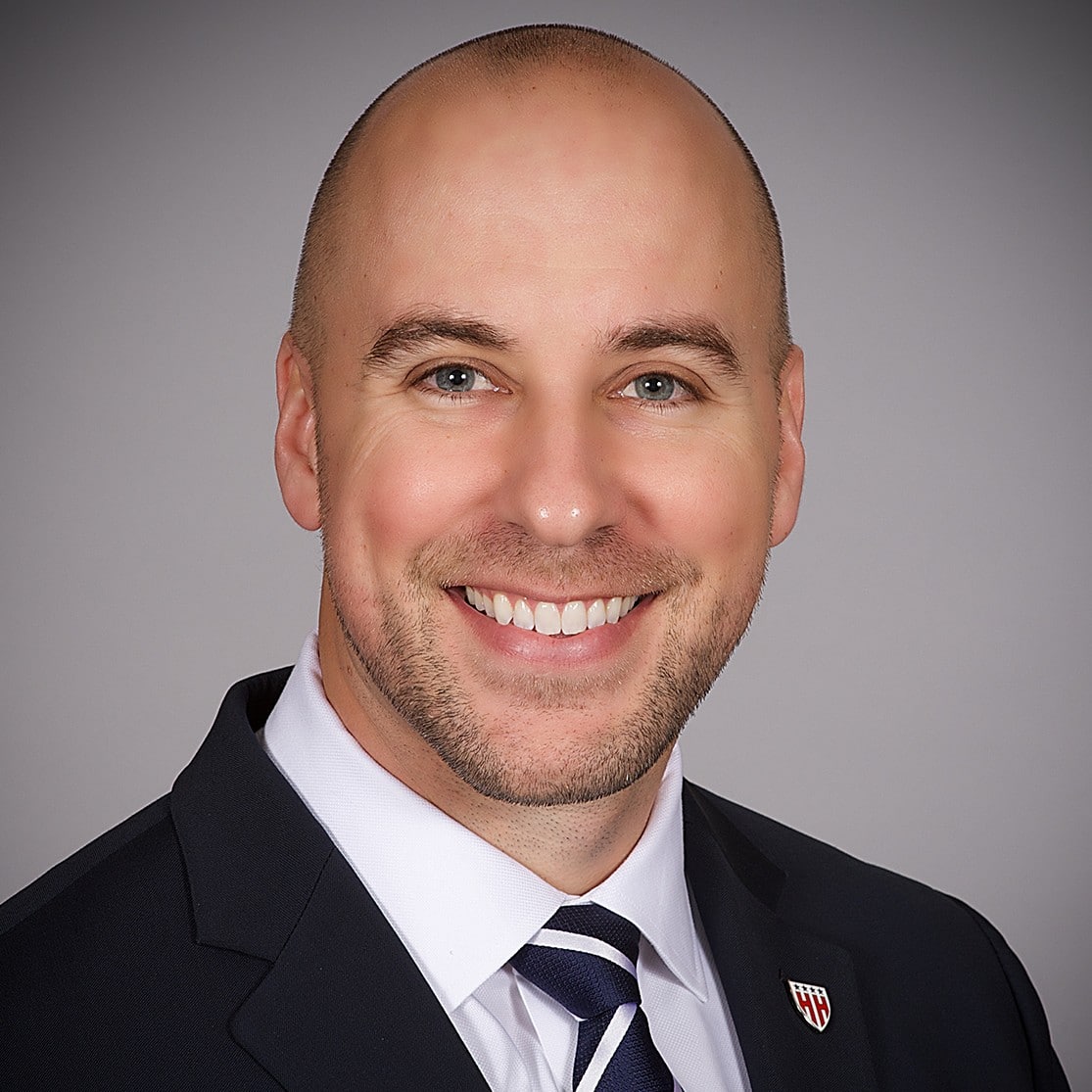Promoting nonprofit effectiveness through intelligent charitable giving
For anyone unfamiliar with the nonprofit award making process, funders often begin Requests for Proposals with the same question: What is the need? Nonprofits try to answer that question clearly and compellingly if they hope to edge out competing charities to secure a portion of the $50 billion in Foundation grants awarded annually to nonprofits in the United States.
If $50 billion sounds like a surprisingly large amount of donated money, consider this: according to a 2013 study, foundation gifts accounted for only 15 percent of the $335 billion donated to charity by Americans in 2013. That level of giving supported nearly 10% of the country’s work force and generated an economic impact equivalent to 5.4% of Gross Domestic Product. When charities have access to such an enormous philanthropic corpus, the need in the nonprofit sector is not for greater generosity but rather for enhanced effectiveness with existing charitable resources.
Nowhere is the need felt more acutely than in the cluttered veteran service space, where 46,000 nonprofits compete for scarce resources. For example, donors who wish to support veteran economic resilience must evaluate programs with names like “Hiring our Heroes”, “Hero 2 Hired”, “Hired Heroes”, and “Hire Heroes USA” before making a funding decision. Several resources help inform donor decisions – Charity Navigator, GuideStar, and the BBB Wise Giving Alliance are the best known – but charity raters emphasize non-operational items such as transparency, governance, and overhead ratio. All of those factors are worthy of donor consideration but none of them measure program effectiveness.
Cue the George W. Bush Institute’s Military Service Initiative Summit held on February 18th in Dallas. There, the former President invited national leaders from the public, private and nonprofit sectors to discuss best practices in the veteran service space in order to equip nonprofits with tools to enhance their program effectiveness and equip funders to make wise philanthropic investments. In essence, Summit leaders challenged nonprofits to follow best practices and funders to support only those nonprofits that do so, in an attempt to drive scarce resources to programs that do the most good.
Charity best practices shared at the Summit were derived from case studies of 25 veteran-oriented nonprofits across the country; read a summary of the report here. Hire Heroes USA was profiled in the report and recognized as a category leader in Structure, Process and Leadership. The report highlighted Hire Heroes USA’s robust metrics for service delivery and its rigorous performance management system, which contributed to a 25% reduction in the program’s cost per veteran confirmed hired in FY 2014.
Not satisfied with those results, Hire Heroes USA has further reduced by 20% the cost per veteran confirmed hired in FY 2015. Put another way, a $100,000 donation to Hire Heroes USA in 2013 would have resulted in 37 veterans confirmed hired; in 2015 that same donation would help nearly 61 veterans find jobs. At a time when more than half a million veterans are unemployed the need to help unemployed veterans is as compelling as ever – why not do so by investing with confidence in the best-in-class programs of Hire Heroes USA?
Posted by Nathan Smith
Nathan Smith has held the position of Chief Operating Officer for Hire Heroes USA since 2012, following seven years of distinguished service as United States Marine Corps Infantry Officer. Click here to read Nathan’s full bio.

